IUBMB-EMBO Focused Meeting on Emerging Concepts of the Neuronal Cytoskeleton (6th Edition)
About the workshop
This is the sixth edition of a long-running workshop intended to expose students and fellows to cutting edge research in the neuronal cytoskeleton field, and to help them forge closer ties with the international community that would lead to future opportunities.
Cytoskeletal dynamics is at the core of the most essential questions in cellular neurobiology, such as mechanisms of axon growth in development and in response to injury, or mechanisms of synapse formation and stabilization. It is also a key element of intracellular transport, which is critical for axonal development and neurotrophic signaling, but which is also disrupted in many, if not all neurodegenerative diseases. Consequently, the cytoskeleton in neurons is a promising and emerging target for the development of novel therapeutic approaches to treat neurodegenerative diseases and to promote axon regeneration after traumatic injury. Recent advances in imaging, genetics and cell-molecular biology have catalyzed exciting new progress. However, fundamental questions about how neuronal cytoskeletal assembly, functions and dysfunction is orchestrated remain unanswered. In this workshop we will explore the latest findings on this exciting topic and will address several features involved in cytoskeleton function in nerve cells such its role in trafficking and transport, neuronal polarity, axonal guidance and neuronal migration.
Early career scientists are encouraged to submit abstracts to be selected for short talks.
Speakers
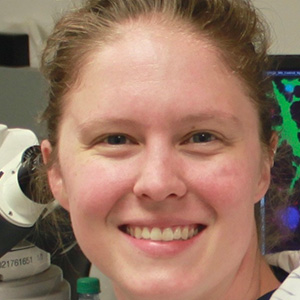
Katie
Baldwin
Duke University/University of North Carolina. USA
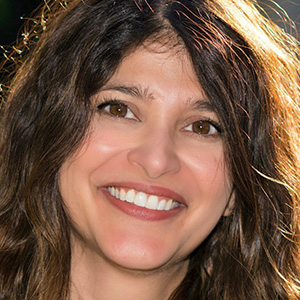
Shernaz
Bamji
University of British Columbia, Vancouver. Canada
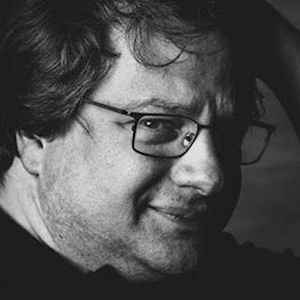
Tom
Blanpied
University of Maryland, Baltimore. USA
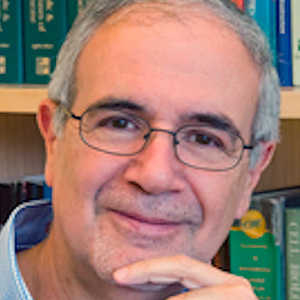
Juan
Bonifacino
NIH. USA
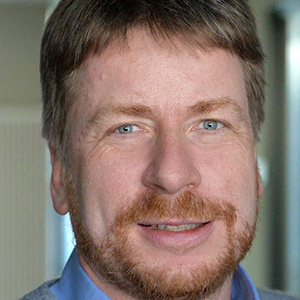
Frank
Bradke
DZNE, Berlin. Germany
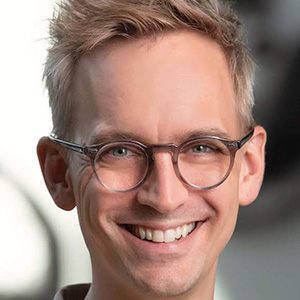
Gary
Brouhard
McGill University, Montreal. Canada
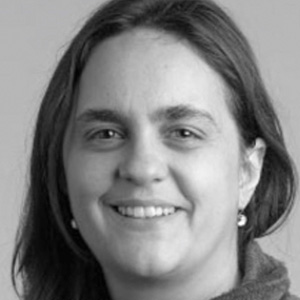
Francisca
Bronfman
Universidad Andrés Bello, Santiago. Chile
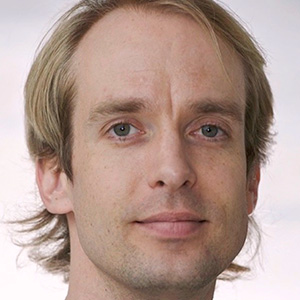
Helge
Ewers
Freïe Universität, Berlin. Germany
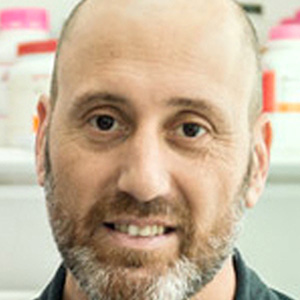
Tomas
Falzone
Universidad de Buenos Aires - CONICET
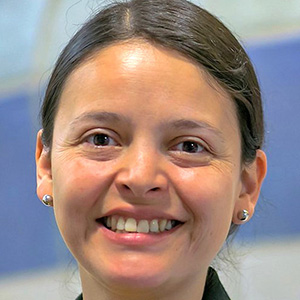
Ginny
Farias
Utrecht University, Utrecht. The Netherlands

Erika
Holzbaur
University of Pennsylvania, Philadelphia. USA
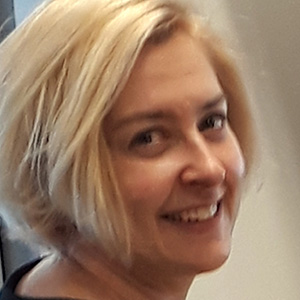
Pirta
Hotulainen
Helsinki University, Helsinki. Finland
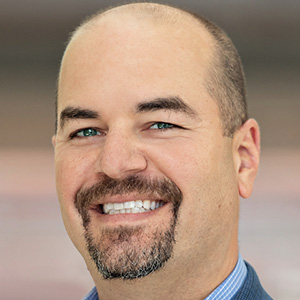
Paul
Jenkins
University of Michigan, Ann Harbor. USA

Lukas
Kapitein
Utrecht University, Utrecht. The Netherlands
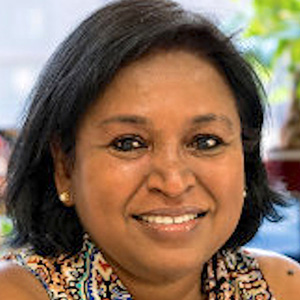
Rejji
Kuruvilla
Johns Hopkins University, Baltimore. USA
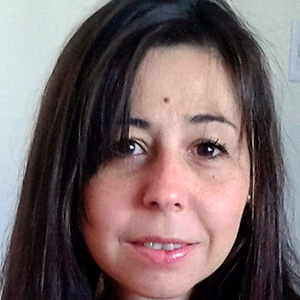
Fernanda
Ledda
Fundación Instituto Leloir - CONICET, Buenos Aires. Argentina
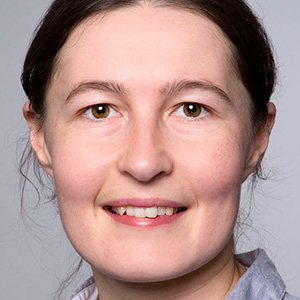
Marina
Mikhaylova
Universität Zu Berlin, Berlin, Germany
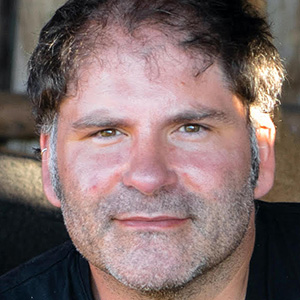
Felipe
Opazo
Universitätsmedizin Göttingen, Göttingen, Germany

Kassandra
Ori-McKenney
UC Davis. USA
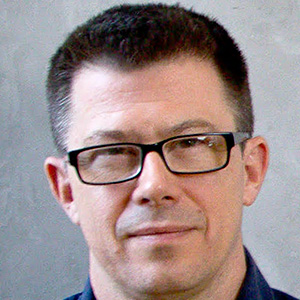
Frederic
Meunier
Queensland Brain Institute, Brisbane. Australia

Matthew
Rasband
Baylor College of Medicine, Houston. USA
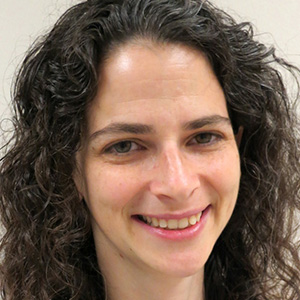
Avital
Rodal
Brandeis University, Boston. USA
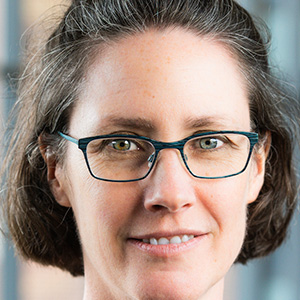
Melissa
Rolls
Pennsylvania State University, Philadelphia. USA
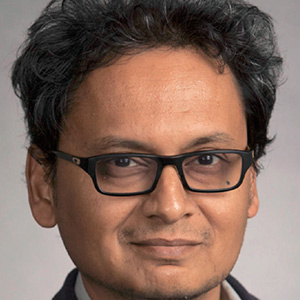
Subhojit
Roy
UCSD, San Diego. USA
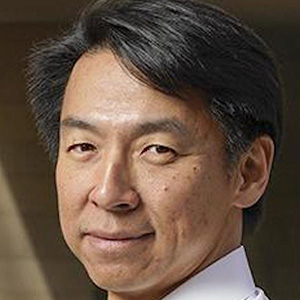
Kang
Shen
Stanford University, California. USA
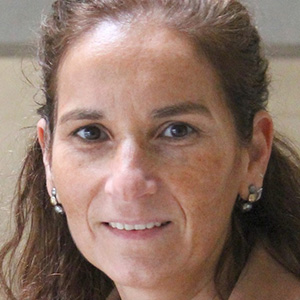
Monica
Sousa
I3S, Porto. Portugal
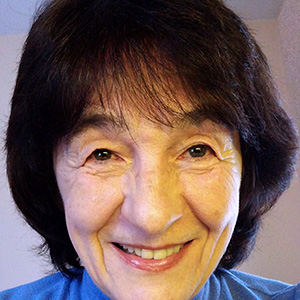
Tatyana
Svitkina
University of Pennsylvania, Philadelphia. USA

Nicolas
Unsain
Instituto Ferreyra - CONICET, Córdoba. Argentina
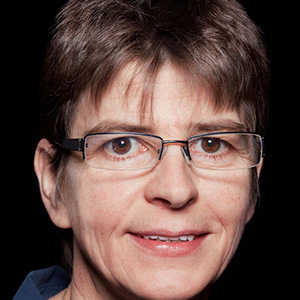
Linda
Van Aelst
Cold Spring Harbor Laboratory. USA
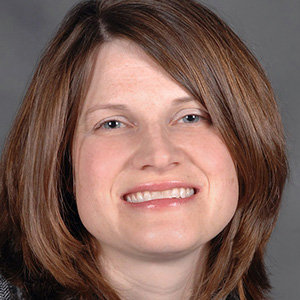
Kristy
Welshhans
Kent State University. USA
Abstract Submission and Registration
Registration will be open by September 2022
Important dates
Abstract submission: September 15th-December 15th, 2022
Registration: December 15th, 2022 – March 1st, 2023
Registration
Registration fees include 4 nights in Hotel Santa Cruz (all meals included), complete access to the hotel facilites and workshop activities. The organization will arrange shuttle buses from the SCL airport to the venue (and back) on the arrival and departure days (March 26th and March 30th, respectively). Students will be allocated in double rooms and PIs and industry in single rooms.
Fees
Trainees (students/post-docs): USD 300
Investigators: USD 500
Industry: USD 800
Registration fee waiver (RFW)
The organization will offer RFW to attenddees needing financial support, priorizing trainees from middle to low income countries. RFW will be consider upon to request (please mark your option requesting RFW at the moment of creating your profile).
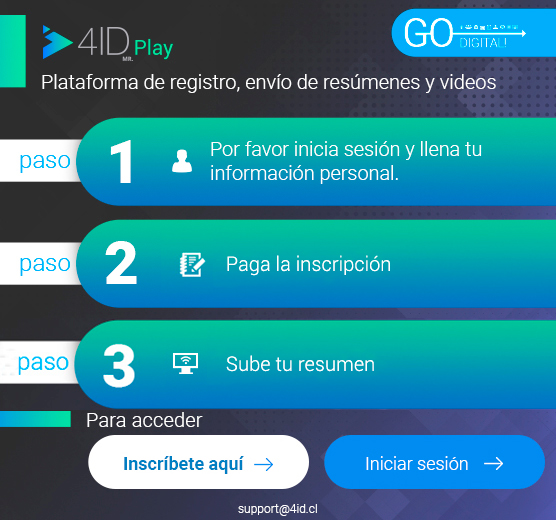
To register or create a new account >login here
Any questions please contact the support team at support@4id.cl
Sponsors & Partners
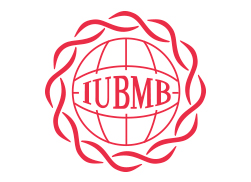
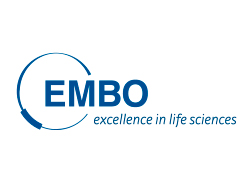
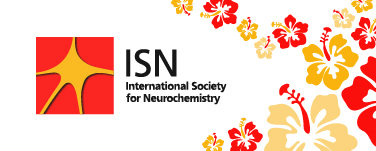
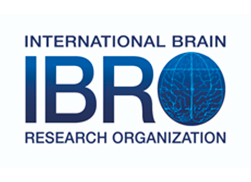
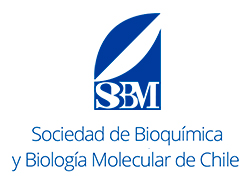
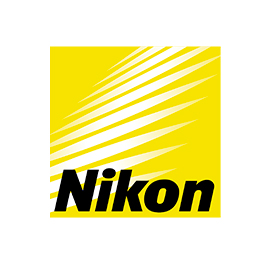
Organizers
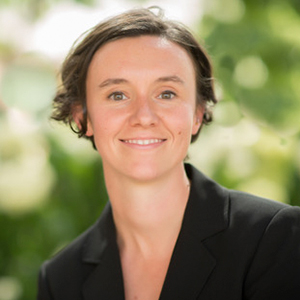
Stephanie
Gupton
University of North Carolina at Chapel Hill. USA
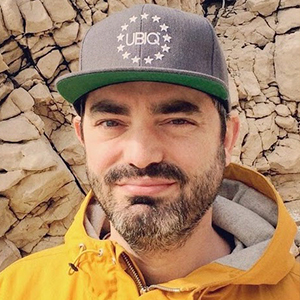
Christophe
Leterrier
Aix Marseille University. France

Carlos
Wilson
Instituto Universitario de Ciencias Biomédicas. CONICET. Argentina
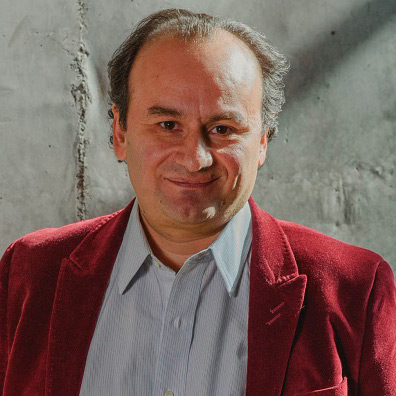
Christian
González
Facultad de Ciencias, Universidad de Chile
Location and Venue
Venue
Hotel Santa Cruz Plaza, Colchagua Valley, Chile.
- +56 72 220 9600
- Plaza De Armas 286
- 3130000 Santa Cruz
- Chile
How to get there
The nearest airport is in Santiago (Aeropuerto Arturo Merino Benítez, code SCL), which is 2.5 hours from the venue. International flights to Chile arrive to Santiago (code SCL). We will organize transport from Santiago airport to the venue on the 26th, and from the venue to the airport after breakfast on March 30th.
